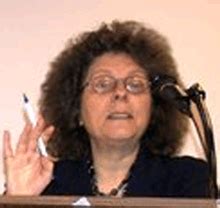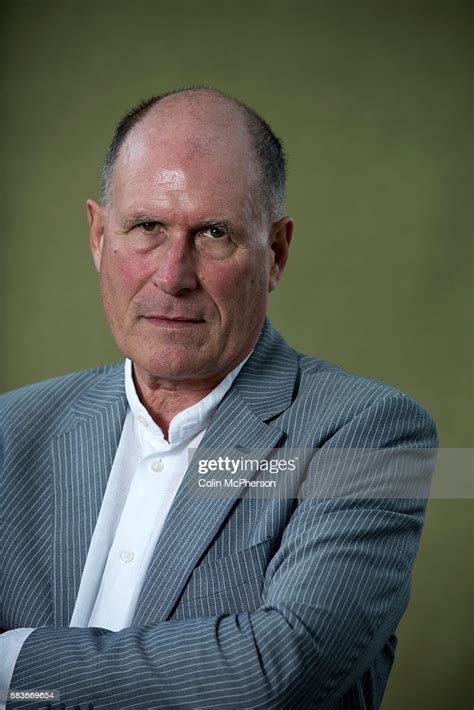A Quote by Marleen S. Barr
Executive Severance, a laugh out loud comic mystery novel, epitomizes our current cultural moment in that it is born from the juxtaposition of authorial invention and technological communication innovation. Merging creative text with new electronic context, Robert K. Blechman's novel, which originally appeared as Twitter entries, can be read on a cell phone. His tweets which merge to form an entertaining novel can't be beat. Hold the phone; exalt in the mystery-engage with Blechman's story which signals the inception of a new literary art form.
Quote Topics
Appeared
Art
Art Form
Beat
Born
Cell
Cell Phone
Comic
Communication
Context
Creative
Cultural
Current
Electronic
Engage
Entertaining
Executive
Form
His
Hold
Inception
Innovation
Invention
Juxtaposition
Laugh
Laugh Out Loud
Literary
Literary Art
Loud
Merge
Merging
Moment
Mystery
New
Novel
Originally
Our
Out
Phone
Read
Robert
Signals
Story
Technological
Text
Tweets
Twitter
Which
Related Quotes
A romance novel is more than just a story in which two people fall in love. It's a very specific form of genre fiction. Not every story with a horse and a ranch in it is a Western; not every story with a murder in it is a mystery; and not every book that includes a love story can be classified as a romance novel.
Almost any tale of our doings is comic. We are bottomlessly comic to each other. Even the most adored and beloved person is comic to his lover. The novel is a comic form. Language is a comic form, and makes jokes in its sleep. God, if He existed, would laugh at His creation. Yet it is also the case that life is horrible, without metaphysical sense, wrecked by chance, pain and the close prospect of death. Out of this is born irony, our dangerous and necessary tool.
I'm always looking for context in which people tell stories. In "Fight Club" it's these support groups for dying people, and then in "Choke" it's 12-step recovery groups. In one novel it's artists' colonies, in another novel it's a diary form that submariners' wives typically keep so that when their husband comes back from serving on a submarine they have an accounting of their spouse's time. So I'm always looking for, number one, a non-fiction context - because you can tell a more outrageous story if you use a non-fiction form.
I'm skeptical that the novel will be "reinvented." If you start thinking about a medical textbook or something, then, yes, I think that's ripe for reinvention. You can imagine animations of a beating heart. But I think the novel will thrive in its current form. That doesn't mean that there won't be new narrative inventions as well. But I don't think they'll displace the novel.
A form wherein we can enjoy simultaneously what is best in both the novel and the short story form. My plan was to create a book that affords readers some of the novel's long-form pleasures but that also contains the short story's ability to capture what is so difficult about being human - the brevity of our moments, their cruel irrevocability.
Madly, futilely, I wrote novel after novel, eight in all, that failed to find a publisher. I persisted because for me the novel was the supreme literary form - not just one among many, not a relic of the past, but the way we communicate to one another the subtlest truths about this business of living.
Madly, futilely, I wrote novel after novel, eight in all, that failed to find a publisher. I persisted because for me the novel was the supreme literary form: not just one among many, not a relic of the past, but the way we communicate to one another the subtlest truths about this business of living.
I think there's much more privileging of the new in art. I think people want to think they privilege the new in writing, but I agree with Virginia Woolf. She wrote a great essay called "Craftsmanship" about how difficult it is to use new words. It's really hard, but you see them coming in because obviously, if you're going to write... I mean, even to write "cell phone" in a novel - it's so boring.
































